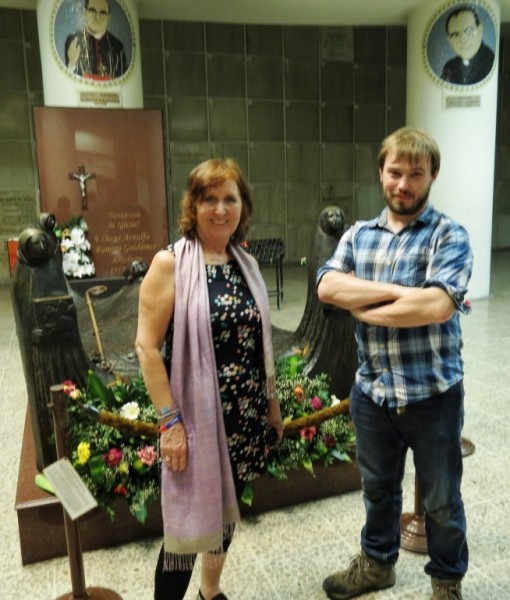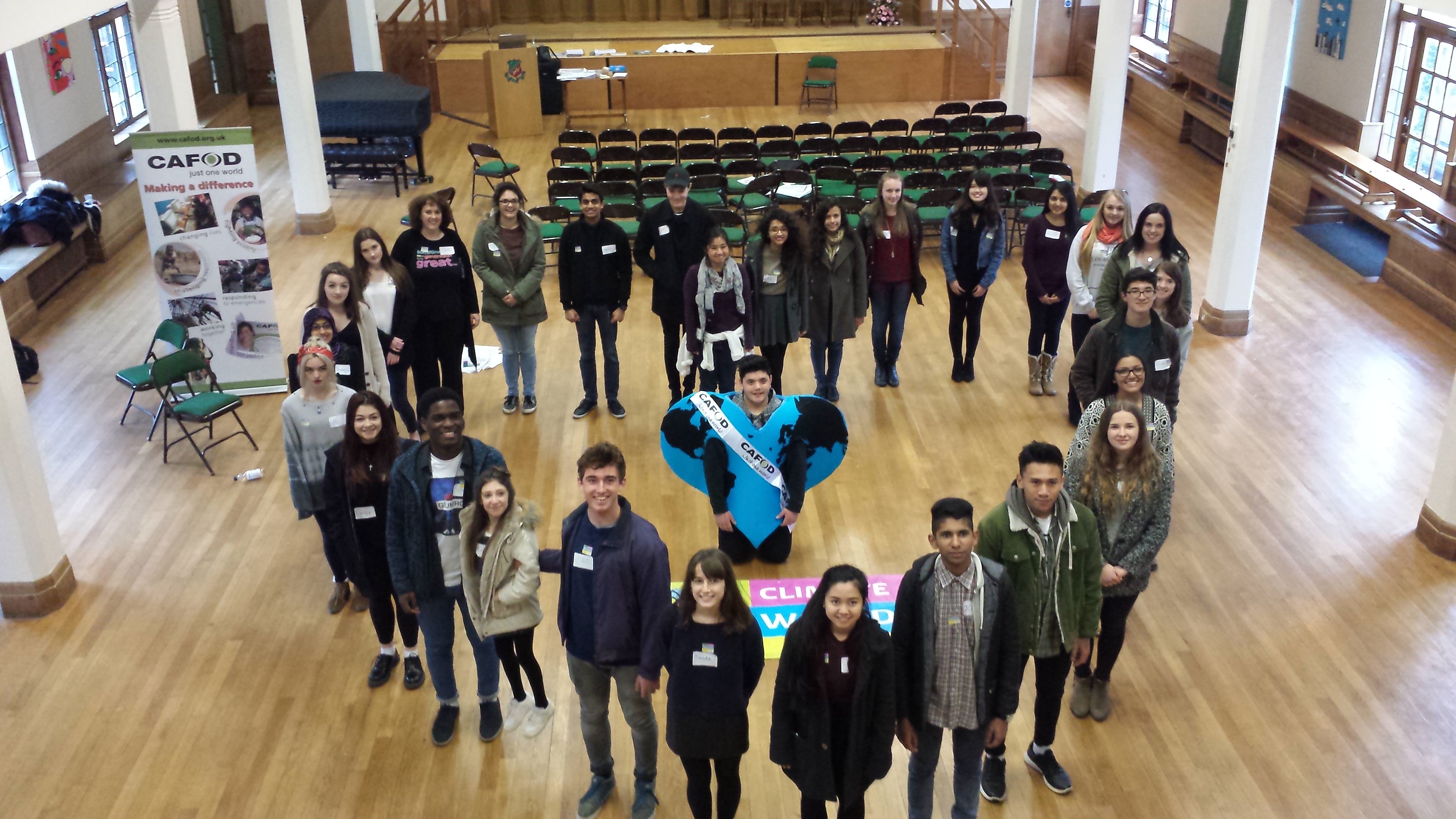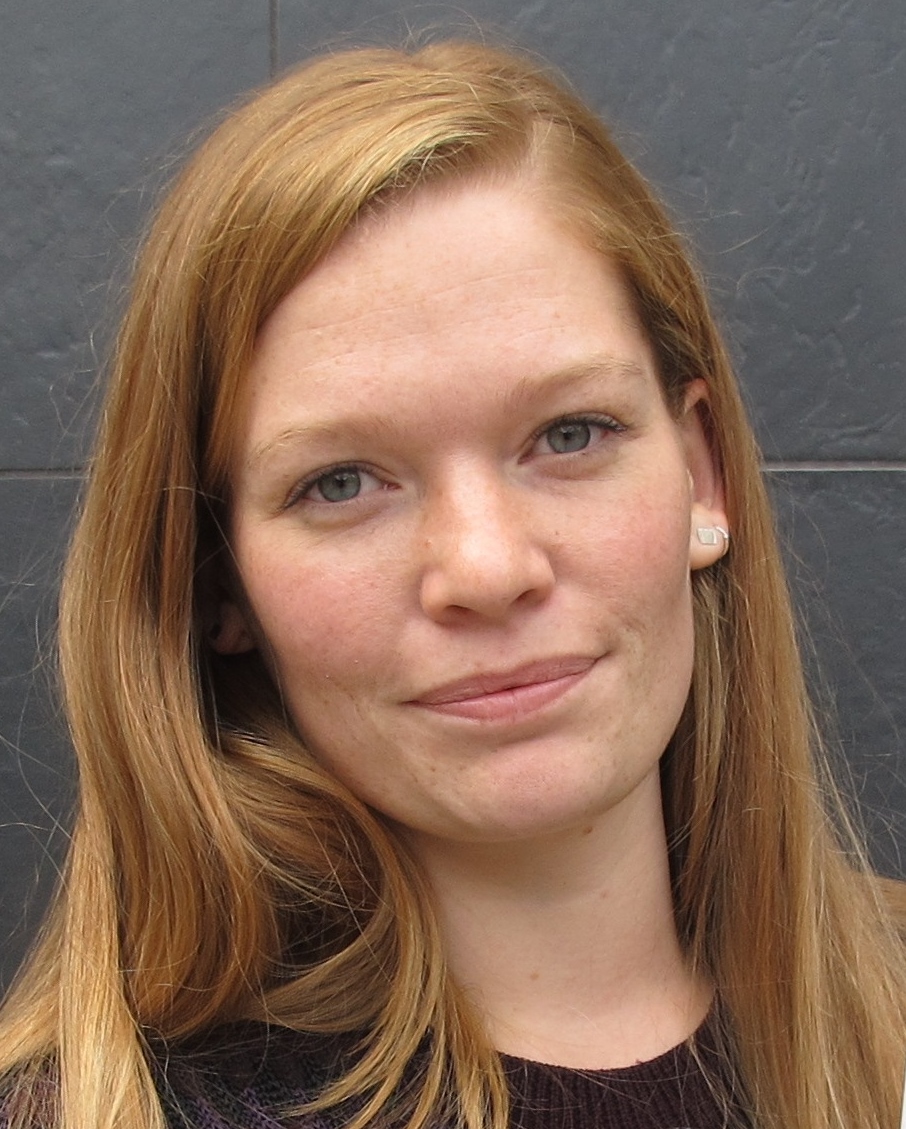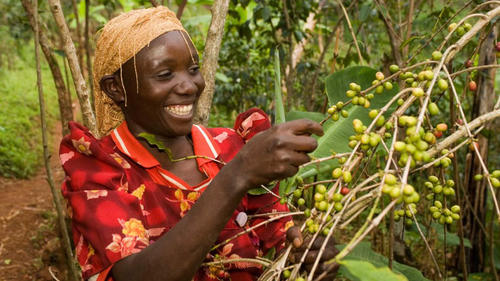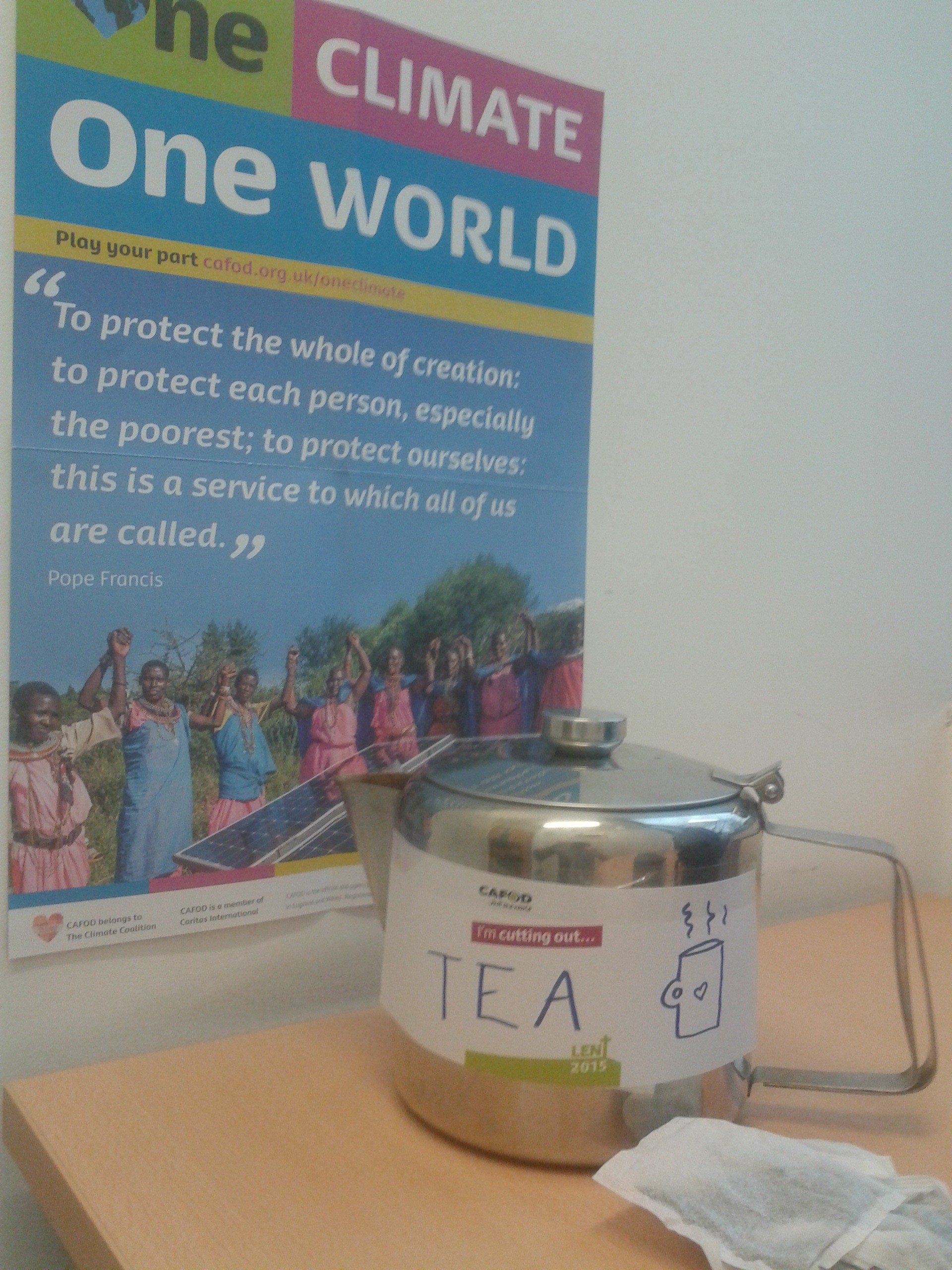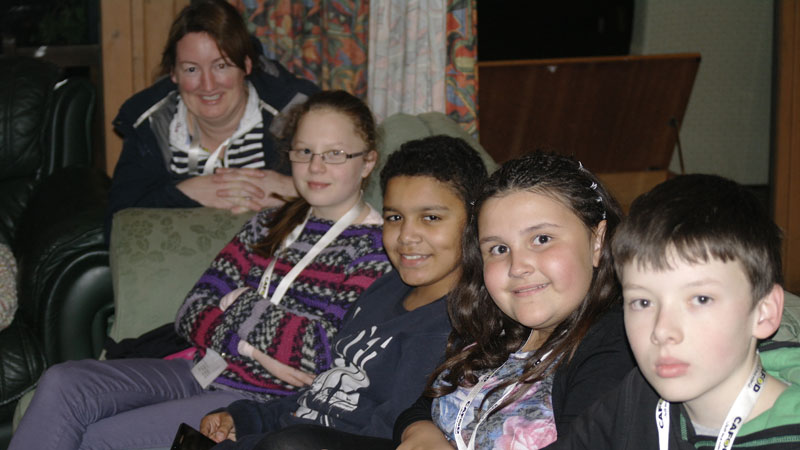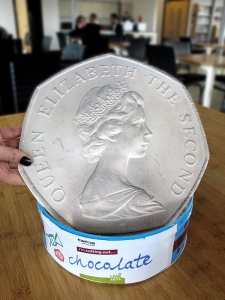Lent 2015: Giving up is hard to do (especially when it comes to tea)
March 2, 2015
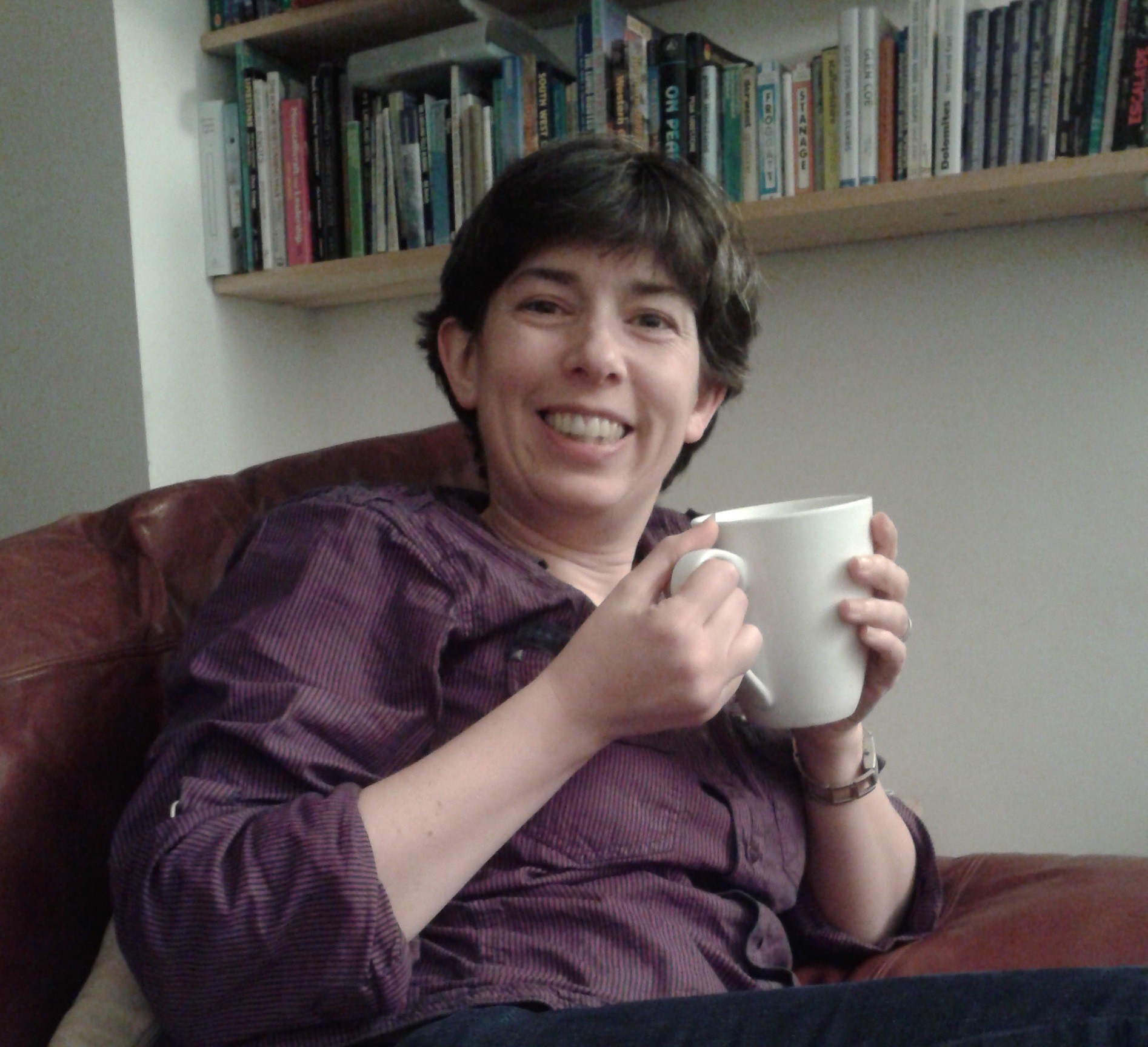
Sarah works in CAFOD’s campaigns team.
It’s been nearly two weeks since I starting cutting out tea for Lent, in a quest to raise money for CAFOD’s Lent appeal and gain support for our One Climate, One World campaign.
Progress so far
Money raised: £326.76 (you can still sponsor me!)
Petition signatures reported: 10 (you can still sign our climate petition!)
Cups of tea not drunk: approx 60
Lessons learnt from this challenge: 6 – and here they are….
Lesson one: Giving up is hard to do.
This challenge has renewed my respect for the all the ex-smokers, the non-drinkers and the vegetarians who have said goodbye to bacon butties for the sake of the planet. I know that by Easter I’ll have a steaming cup of tea in my hand again, but to give up something forever, wow, that takes commitment. Continue reading “Lent 2015: Giving up is hard to do (especially when it comes to tea)”

